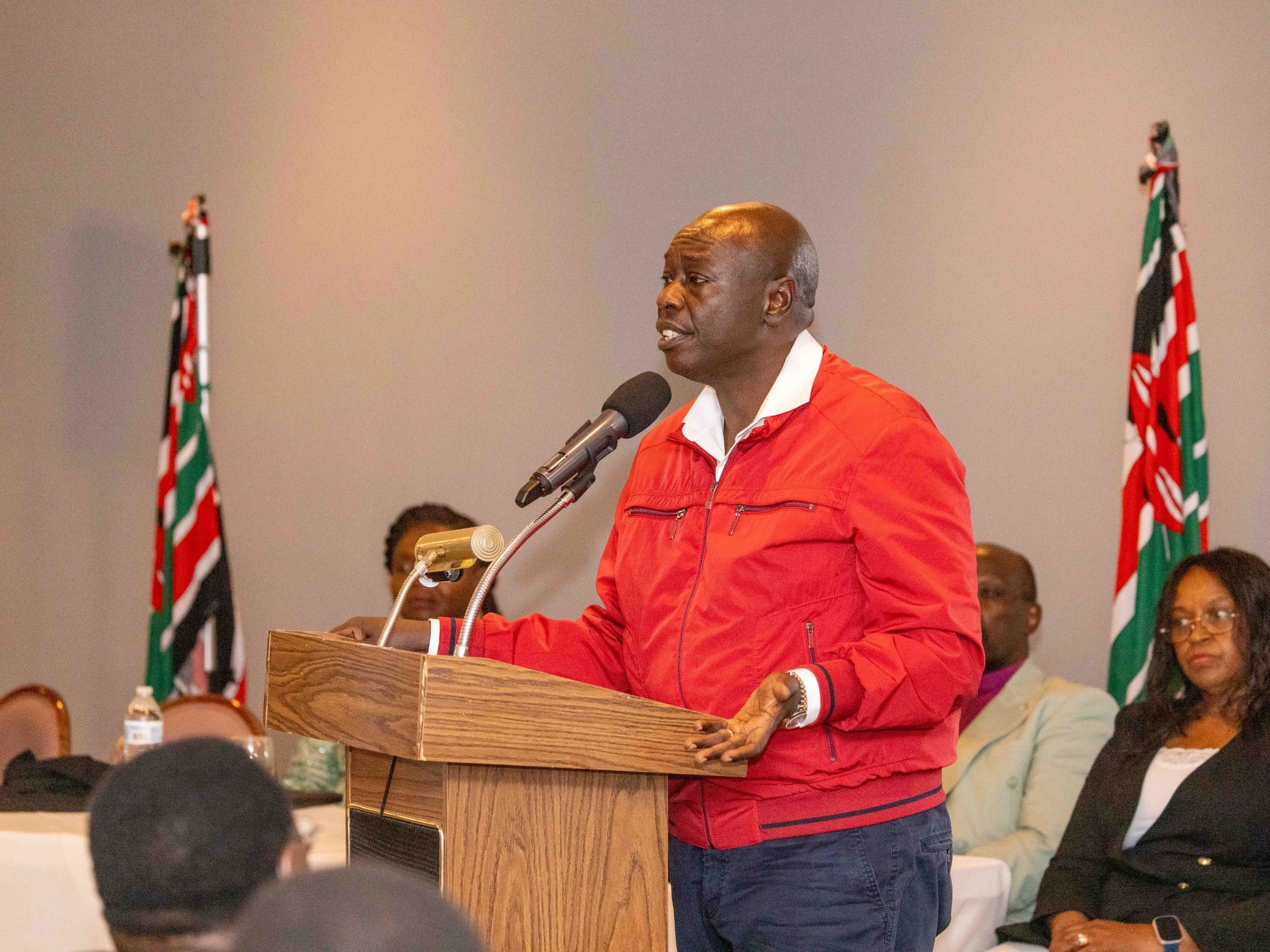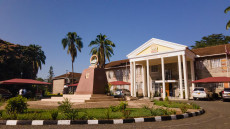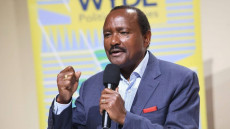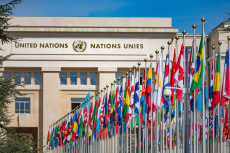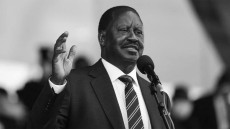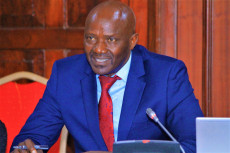- Former Deputy President Rigathi Gachagua, once a key insider in President William Ruto’s administration, has now emerged as one of its fiercest critics. His allegations that Ruto has captured Parliament through corruption, undermined institutions, and weaponized narratives have jolted the political class and ignited a deeper debate about the future of Kenyan democracy.
On The Political Oracle, a segment of the TalkChat Podcast, Dr. Michael Ndonye a seasoned political analyst, unpacks the meaning behind the storm now engulfing Kenya’s political landscape.
He explores what former Deputy President Rigathi Gachagua’s revelations say about the state of governance, the potential impact they could have on public trust in independent institutions, and whether they mark a turning point for Kenya’s democratic accountability.
Gachagua, once a key insider in President William Ruto’s administration, has now emerged as one of its fiercest critics. His allegations that Ruto has captured Parliament through corruption, undermined institutions, and weaponized narratives have jolted the political class and ignited a deeper debate about the future of Kenyan democracy.
To begin with, Dr. Michael Ndonye notes that while Ruto's former allies like Gachagua and former Attorney General Justin Muturi risk being painted as untrustworthy by revealing state secrets, their disclosures still carry immense value.
He argues that such revelations, however tainted by political rivalry, are crucial because they expose the inner workings of power, inform the public about what is happening in the country, and ultimately serve the broader interests of democracy.
Read More
“When Gachagua discloses such secrets, it paints him as a person who cannot be trusted in the future. However, such information is not always bad it helps us understand what is happening in the country,” Dr. Ndonye stated.
Dr. Ndonye relates this to the famous Watergate scandal in the United States during President Richard Nixon’s era, noting that the disclosures made at the time, though politically explosive, ultimately saved the country from the dangers of unchecked insider politics.
He explains that just as the revelations in Watergate forced accountability and reshaped the American presidency, Gachagua’s claims if taken seriously could expose the fault lines within Kenya’s governance and safeguard democracy from being eroded behind closed doors.
On the issue of whether these claims could trigger institutional reforms or shift public trust in democracy, Dr. Ndonye noted that this awareness can strengthen calls for transparency and in the long run push institutions to adopt stricter checks and balances, curb the abuse of power, and reinforce the accountability mechanisms needed to protect Kenya’s democracy.
“Such claims have the potential to compel institutions to strengthen checks and balances, limit the abuse of power, and reinforce accountability mechanisms that safeguard Kenya’s democracy,” he said.
In analyzing these revelations, Dr. Ndonye further recognizes the critical role of the media especially digital platforms in shaping how these revelations are received and debated.
According to Dr Ndonye unlike in the past when mainstream outlets dominated, today’s political disclosures often find their first audience online, where digital media has become more influential in setting the agenda.

